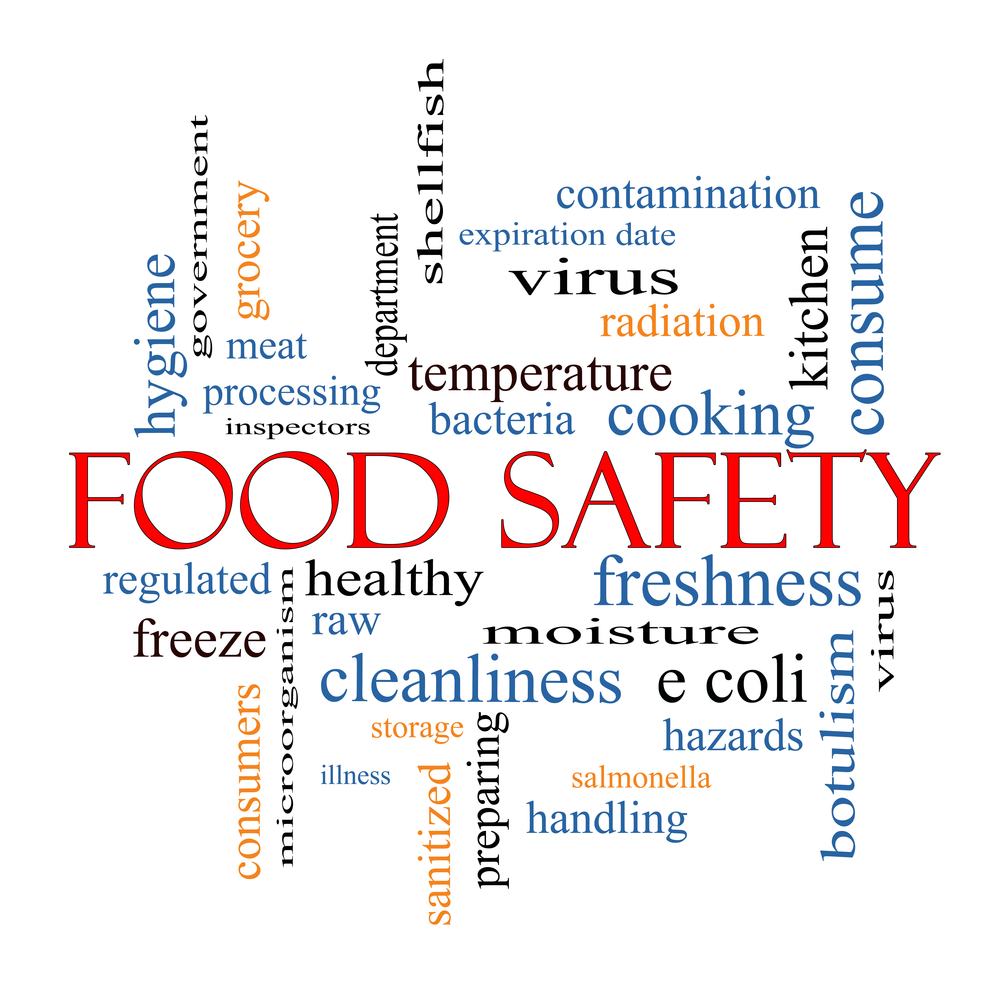LaGrange, Georgia — Recently issued reports from the Food and Drug Administration (FDA) failed to identify sources of pathogen-related foodborne illness outbreaks, yet the investigative methodology and report conclusions yield important information for growers and packers.

In a report titled “Factors Potentially Contributing to the Contamination of Cantaloupe…”, the FDA published 10 recommendation and requirements for growers of melons and similar produce commodities.

“The FDA is not embracing the spirit and intent of the Food Safety Modernization Act (FSMA),” said Chris Butts, executive director of both the Georgia Fruit and Vegetable Growers Association (GFVGA) and the affiliated Produce Food Safety Services (PFSS). “There is a disconnect in the findings described in this outbreak investigation report and the actual work of FDA — to prevent foodborne illnesses through sharing data with those organizations involved, helping them realize potential issues, and pointing them to potential people and organizations who could help.”
This, and other recent FDA reports, have conducted investigations on “adjacent lands” several miles from the farms and packing houses subject to the investigations. The reports also put much emphasis on inconsistent adherence to or deviation from existing standard operating procedures (SOPs) and food safety programs.
“FDA inspectors are creating an adversarial environment of ‘gotchas’ that does not encourage confidence and safety in fresh produce. Advocacy groups need to work together with Congress to ensure fair and reasonable treatment of farmers,” Butts continued.
“In the normal course of business, farm management practices regularly change, usually for the better,” relates Beth Oleson, program manager for PFSS. “But when those practices differ from written SOPs and food safety programs, it’s essential that companies update their plans. Even if a new practice results in an improvement in food safety, the variance from the plan could lead to regulatory actions against the farm — actual practices and written SOPs must be in alignment.”
“The best food safety programs are developed including the perspective and evaluation of an independent, objective expert, such as PFSS,” Oleson continued. “Standardized, cookie-cutter plans put the farm or facility at risk. Firsthand information is critical. We walk the facilities and review SOPs onsite so we can accurately identify potential problem areas and guide successful mitigation of them.”
PFSS, initially founded to provide food safety information to members of GFVGA, has expanded to offer extensive food safety consulting programs to farms, packing houses and processing facilities around the country. This includes the development of food safety programs, audit and inspection preparation, education and training, supply chain management, and recall management.
“We also support our clients through inspections and recall management,” said Oleson. “And since we’re part of GFVGA, PFSS clients are also supporting our advocacy efforts to ensure regulations are fair and reasonable, and that inspectors and regulators don’t exceed their authority or the intent of the law.”
For more information on food safety programs and PFSS, visit producefoodsafetyservices.com, or contact Beth Oleson, (706) 407-2551, boleson@pfssinfo.com.









